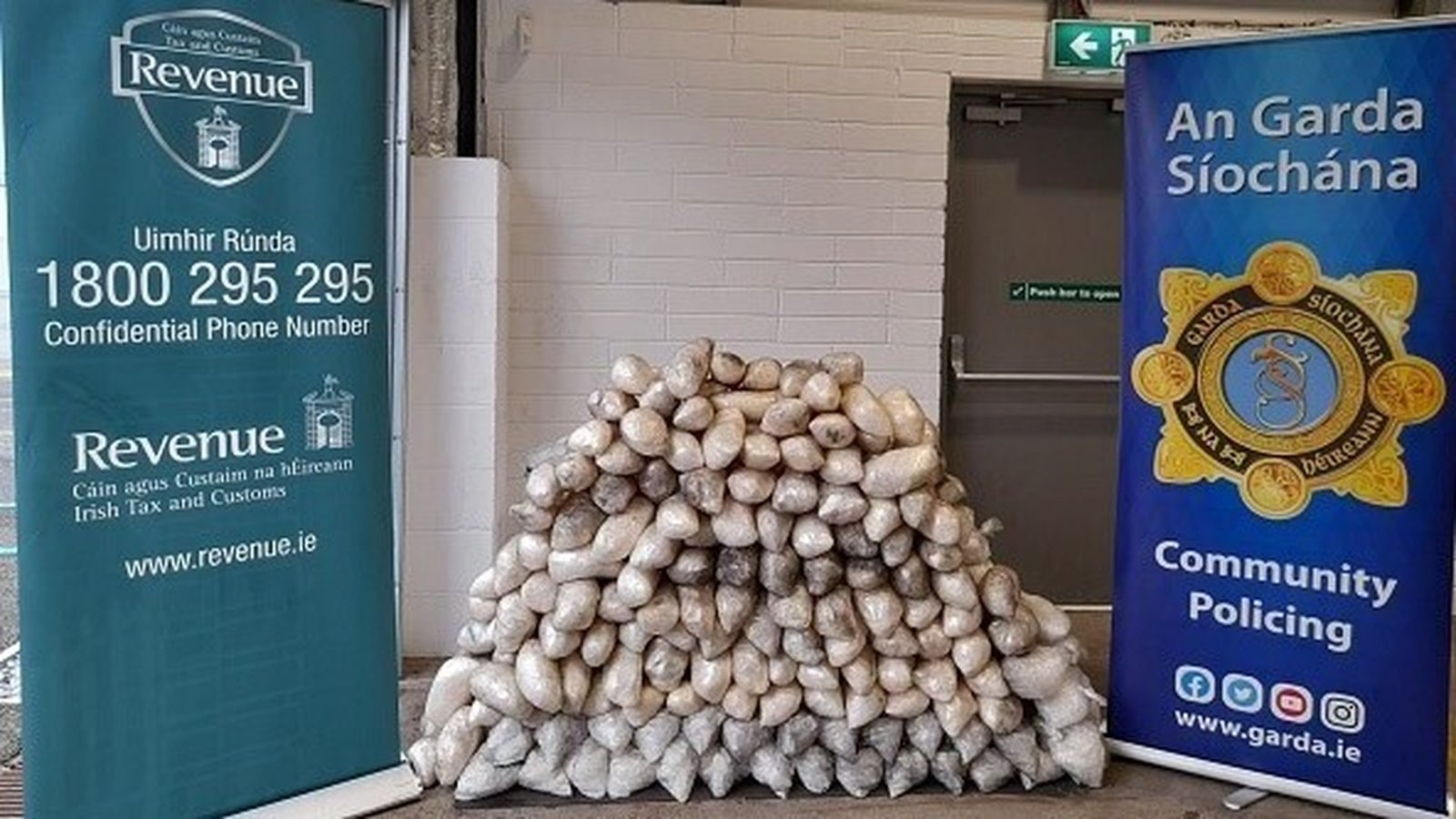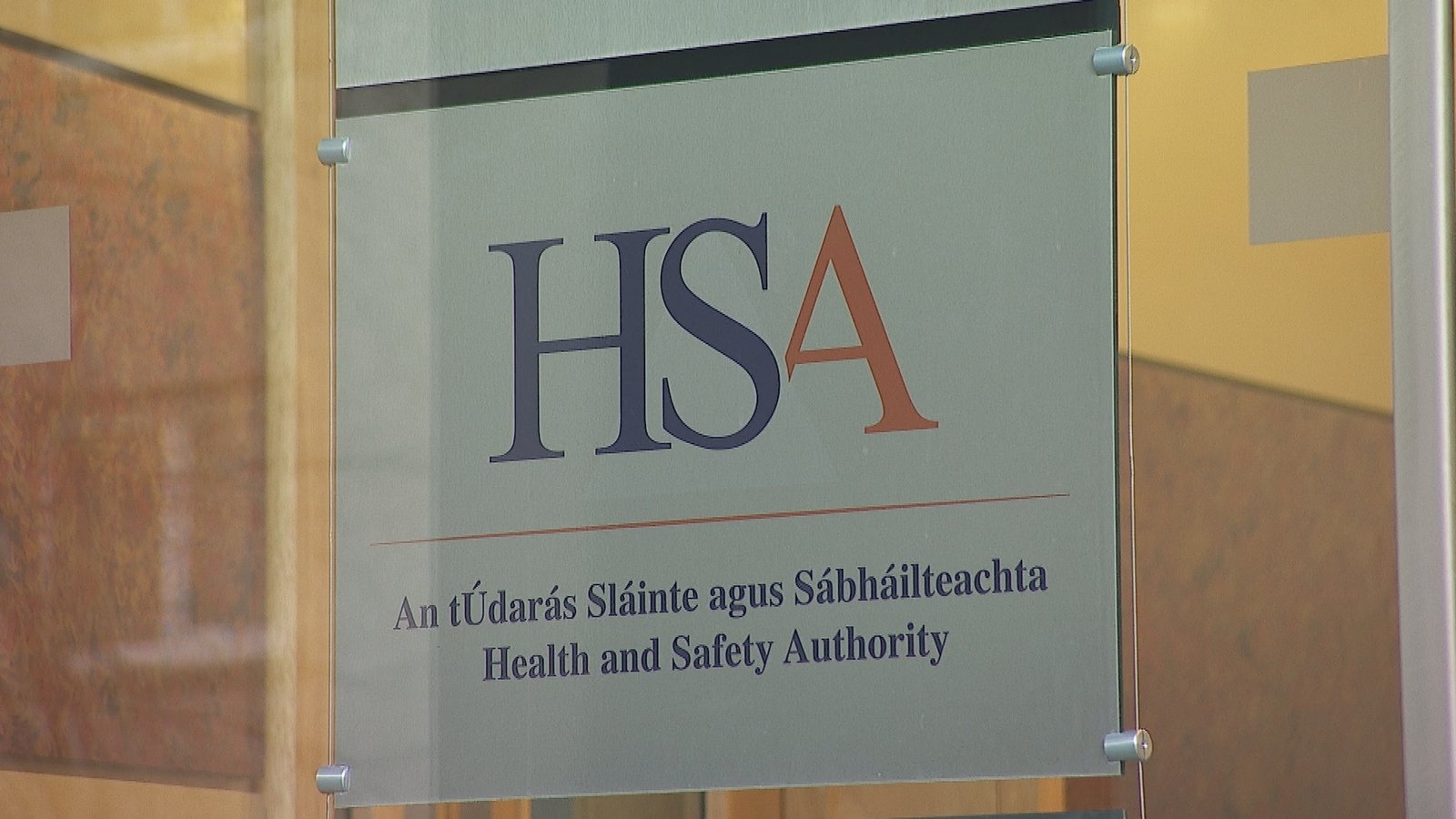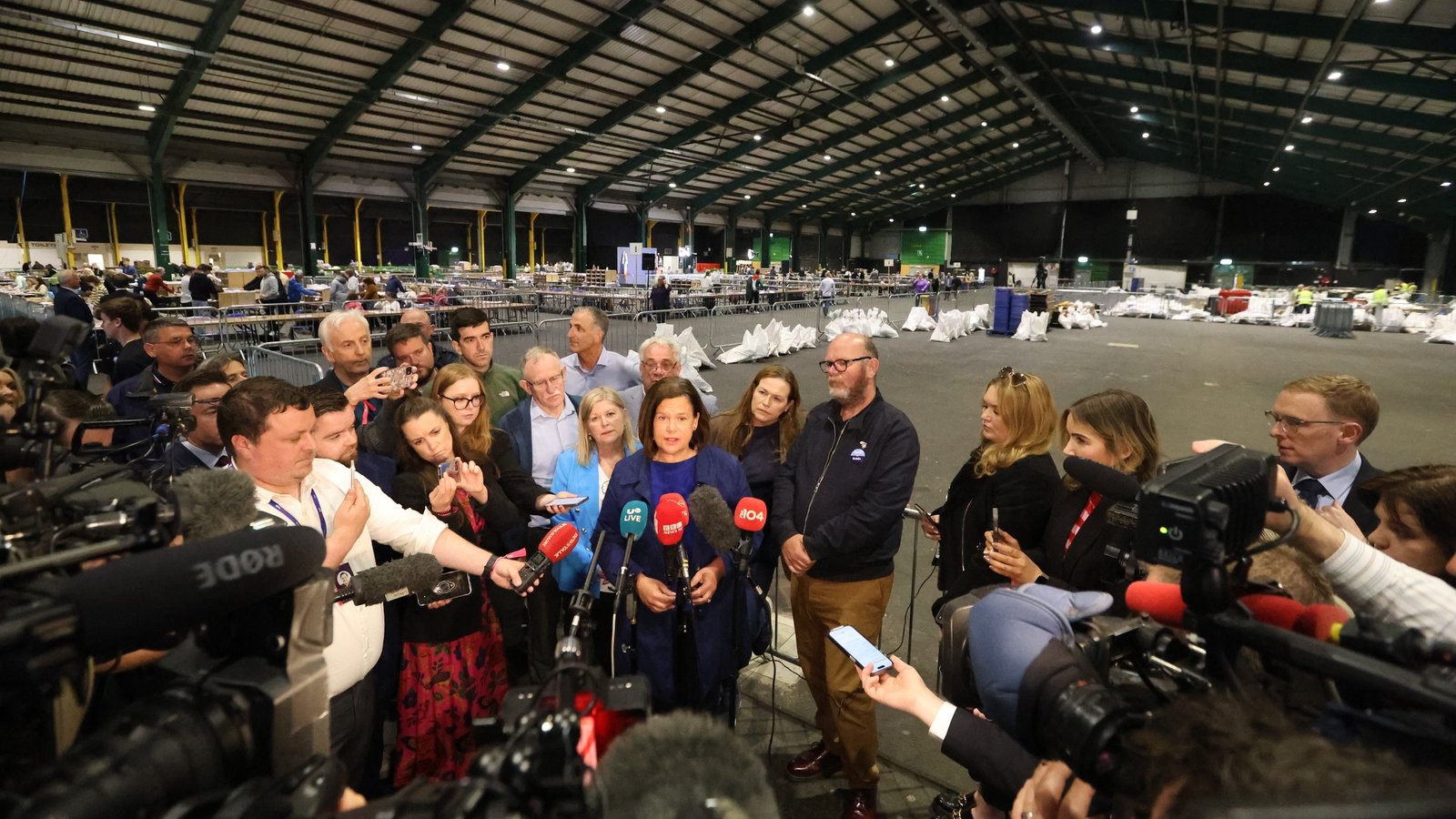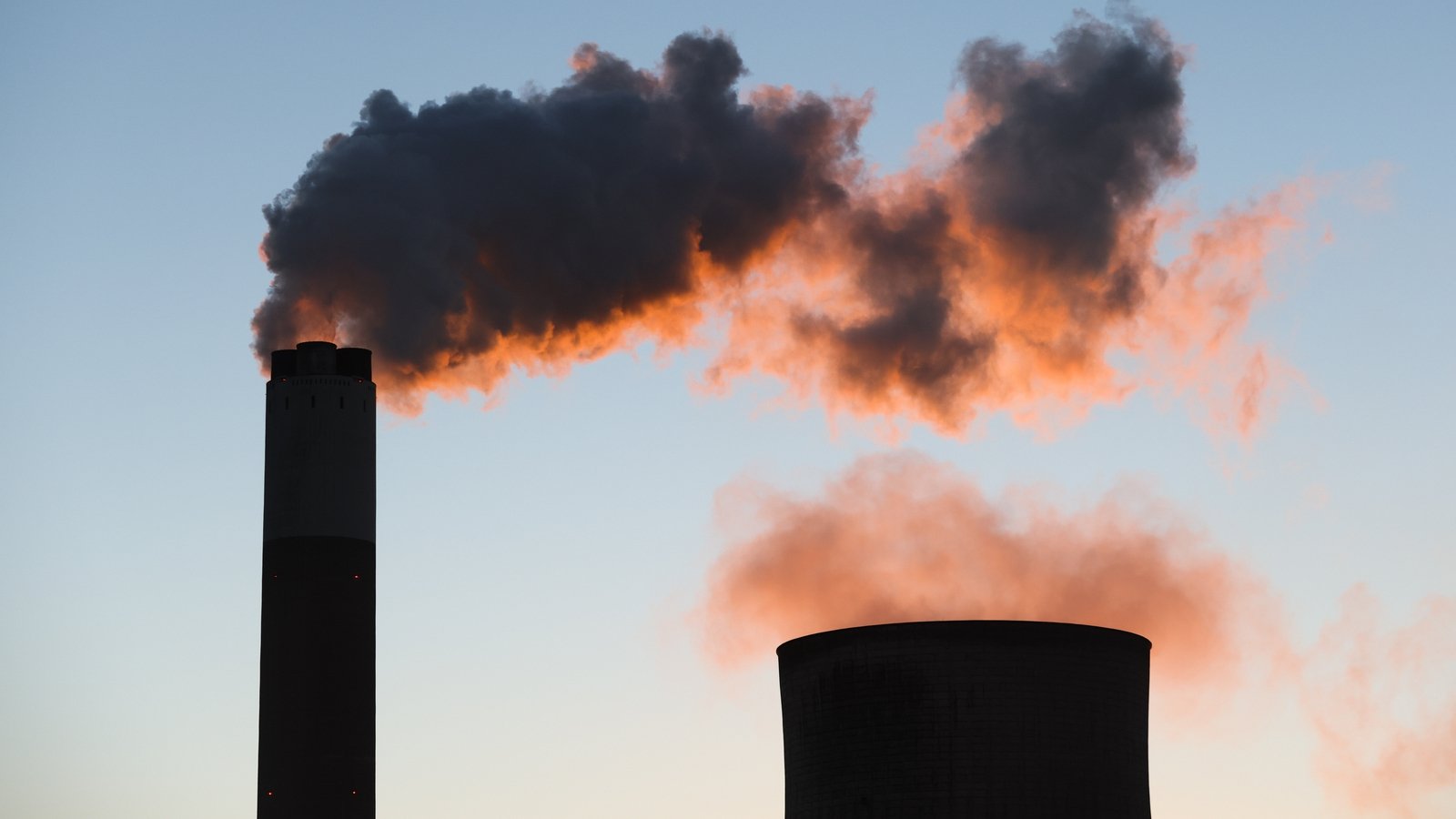Farmers’ actions showing results both in Ireland and EU
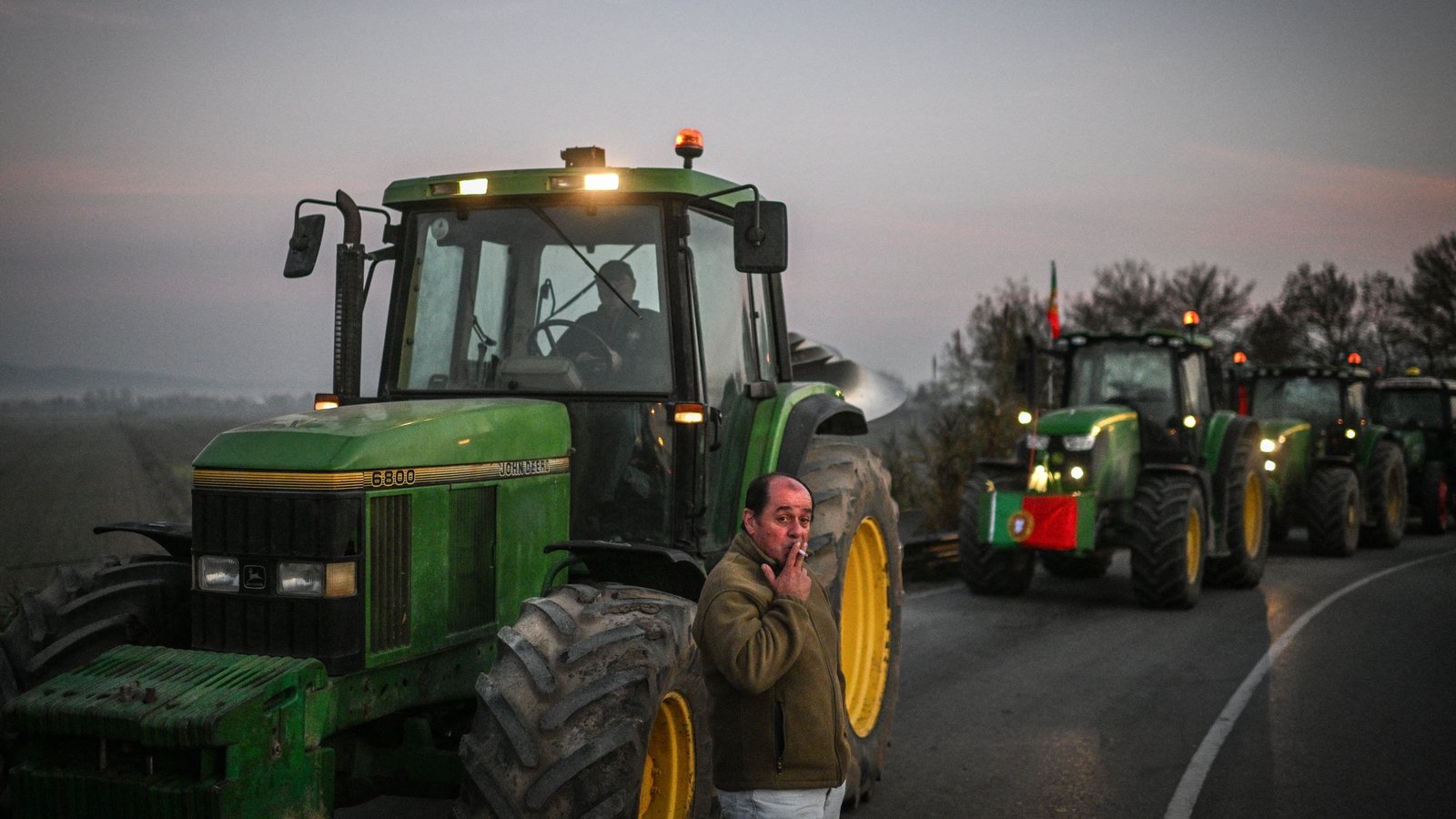
On Thursday Irish farmers flexed their political muscles.
With very short notice, they organised and came out in force to demonstrate in towns and cities right around the country.
Led by the Irish Farmers’ Association, the thousands who took part brought their tractorcades into places from Cork city to Letterkenny, and from Galway city to rural Co Dublin.
They were there to show solidarity with their European counterparts who are pushing back against what they say is over-regulation, but they also came out to express their own irritation and frustration with Government and EU conditions attached to farm supports.
Political parties will be paying attention.
The farmer protests that have swept across the continent were each sparked by particular issues in different countries.
In the Netherlands, it was a clampdown on farming to reduce nitrates.
In Germany and France, it was a plan to phase out subsidies on agricultural diesel.
In Eastern Europe it was undercutting of prices by cheap tariff-free imports from Ukraine.
Once the pushback protests began, all the other issues causing farmer anger suddenly crystalised.
Widespread demonstrations began focusing on onerous environmental conditions being attached to EU farm payments, complex and ever-increasing bureaucracy while interacting with authorities, poor returns for agri-produce, the threat of cheap imports from Mercosur (Argentina, Brazil, Uruguay and Paraguay) and the EUs special war-related tariff-free access for Ukrainian produce.
In some place protests also appear to have become focal points of wider anti-government sentiment.
On Thursday, as IFA members were preparing for solidarity demonstrations here, thousands of farmers and their tractors blockaded Brussels as the monthly European Council meeting of prime ministers was taking place.
They pelted the European Parliament building and police with eggs and let off fireworks outside the Commission and Council buildings.
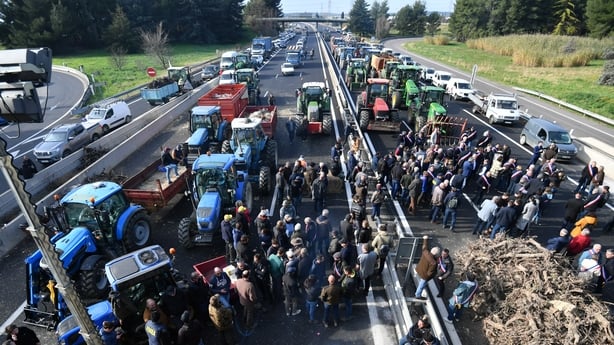
For the previous two weeks French farmers blocked motorways and ports and blocked routes into Paris.
German farmers mounted similar protests that culminated in a national rally at Berlin’s Brandenburg gate while Belgian farmers blockaded the North Sea port of Zebrugge, and with their Dutch counterparts continue to block border crossing between the Netherlands and Belgium.
So have farmers achieved much by their actions in the year of European Parliament elections and national elections? And have governments and politicians sat up and listened?
On the face of it, it seems they have.
Here, Taoiseach Leo Varadkar said he agreed with the French President Emmanuel Macron, that the Mercosur deal should not go ahead on the basis that food produced in Europe conforms to high environmental standards and importing food from countries with lower standards would be not make sense.
Leo Varadkar said the deal can’t be ratified in its current form.
In France, Prime Minister Gabriel Attal promised farmers an end to rising fuel costs and the simplification of strict regulations and tighter controls on food imports and an end to Mercosur.
The announcement led to the two main French farmers organisations to call on their members to end the blockades and go home.
In Germany, the government reversed its decision to remove the rebate from agricultural diesel and replaced it with a plan to phase change in over a number of years.
It also cancelled its controversial proposal to charge motor tax on agricultural vehicles.
In Brussels, a delegation of European farm leaders met European Commission President Ursula von der Leyen who promised to tighten access to the EU for Ukrainian imports and adjust CAP requirements for some farmers to leave areas of land fallow for nature.
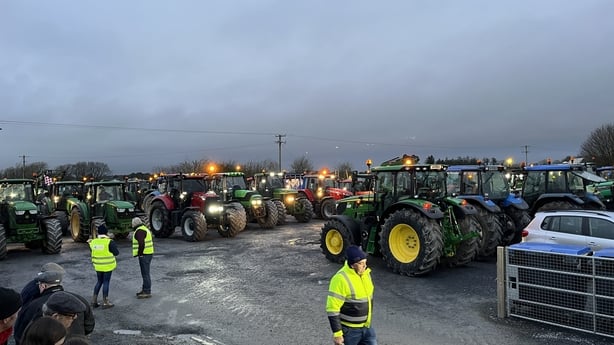
She said “farmers are the backbone of EU food security and heart of our rural areas”.
“Today’s measures offers additional flexibilities to farmers at a time they are facing multiple challenges.
“We will continue to engage with our farmers to ensure CAP strikes the right balance between responding to their needs while continuing to deliver public goods for our citizens.”
For now it appears that farmers’ voices have been heard but delivery is what they want.
Political leaders also have responsibilities to tackle climate change, environmental damage and biodiversity loss, some of which is directly linked to agriculture. The challenge is great.

